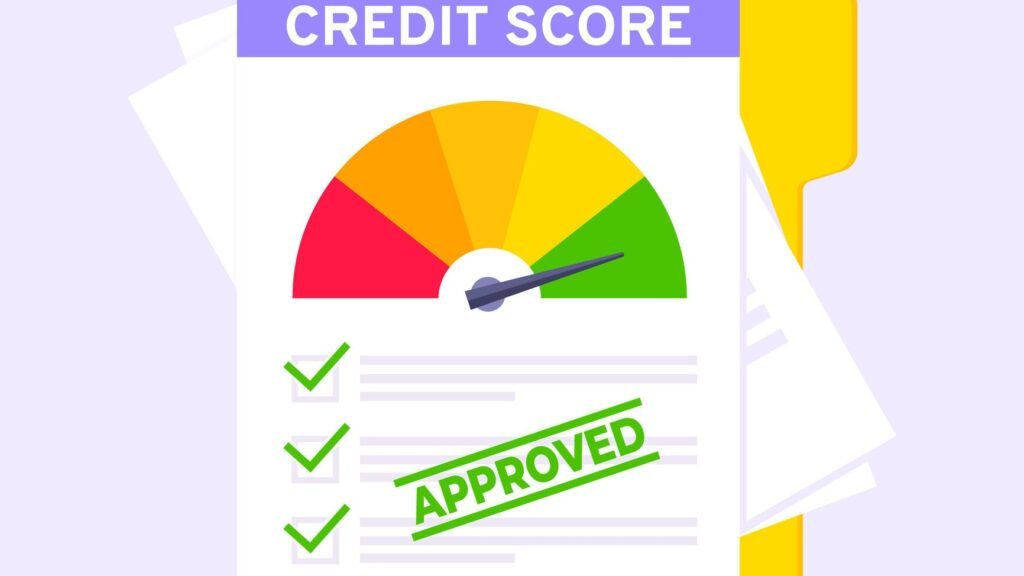
Repayment Terms: Evaluate the repayment terms offered by different lenders, including the duration of the loan and the frequency of payments. Consider whether you prefer shorter or longer repayment periods based on your financial situation.
Repayment terms are a crucial aspect to consider when exploring loan options from various lenders. The duration of the loan and the frequency of payments can greatly impact your financial planning. Before making a decision, it is important to evaluate whether you prefer shorter or longer repayment periods based on your current financial situation.
If you can comfortably afford higher monthly payments, opting for a shorter repayment period might be beneficial. With a shorter term, you can potentially save on interest charges and repay the loan faster. On the other hand, if you prefer lower monthly payments, a longer repayment period may be more suitable. However, keep in mind that a longer term could mean paying more in interest over the life of the loan.
Ultimately, the choice between shorter or longer repayment periods should align with your financial goals and capabilities. It is crucial to carefully analyze and compare the repayment terms offered by different lenders before making a decision. By doing so, you can ensure that you select the most suitable loan option that best fits your unique circumstances.
Fees and Charges: Take into account any additional fees or charges associated with the loan, such as origination fees, prepayment penalties, or late payment fees. These can significantly impact the overall cost of borrowing.
When considering borrowing money, it is crucial to carefully evaluate any additional fees or charges that may be associated with the loan. These fees, such as origination fees, prepayment penalties, or late payment fees, can have a significant impact on the overall cost of borrowing. By taking the time to understand and compare these fees across different lenders, borrowers can make informed decisions and choose the loan option that best suits their financial circumstances.
Origination fees are one common type of fee that borrowers may encounter when taking out a loan. These fees are charged by the lender for processing the loan application and setting up the loan. It is important to carefully review the origination fees offered by different lenders, as they can vary significantly. Additionally, borrowers should consider whether the benefits of a particular loan outweigh the cost of the origination fee. By carefully considering these fees, borrowers can avoid any surprises and make sure they are getting the best deal possible.
Credit Score: Your credit score plays a vital role in determining the loan options available to you and the interest rate you may qualify for. Assess your creditworthiness and explore lenders that cater to your credit profile.
Having a good credit score is essential when it comes to securing a loan. Lenders use your credit score to assess your creditworthiness and determine the loan options available to you. A higher credit score indicates that you are less of a risk, making you more likely to qualify for a loan with favorable terms and lower interest rates. On the other hand, a low credit score can limit your borrowing options and result in higher interest rates.
To assess your creditworthiness, it is important to know your current credit score. You can obtain this information from credit reporting agencies or through online credit monitoring services. Once you have your credit score, take the time to evaluate it and understand how lenders may view you as a borrower. If you have a good credit score, consider exploring lenders that cater to borrowers with similar credit profiles. This will increase your chances of securing a loan with favorable terms and conditions.
Loan Purpose: Determine the purpose of the loan, whether it’s for education, purchasing a home, starting a business, or consolidating debt. Different loans may be tailored to specific purposes, offering better terms and conditions
When seeking a loan, it is important to determine the purpose for which you need the funds. Whether it’s for education, purchasing a home, starting a business, or consolidating debt, different loans can be tailored to specific purposes, offering better terms and conditions. For example, if you are looking to finance your education, you may be able to find student loans with lower interest rates and flexible repayment options. On the other hand, if you are planning to purchase a home, a mortgage loan may provide longer repayment terms and potentially lower interest rates compared to other types of loans. Assessing your loan purpose can help you identify lenders who specialize in providing loans for your specific needs, ultimately helping you secure more favorable loan terms.
Moreover, understanding the purpose of your loan can also help you determine the appropriate loan amount and repayment plan. For instance, if you are starting a business, you might require a larger loan to cover startup costs and initial expenses. In this case, it would be crucial to find a lender who offers business loans and understands the unique challenges and requirements of entrepreneurs. Additionally, consolidating debt calls for a loan that caters specifically to debt consolidation, allowing you to combine multiple high-interest debts into a single loan with more favorable terms. Considering the purpose of your loan will guide you in selecting the most suitable loan options and maximizing the benefits they offer.


